Did your dog just get diagnosed with cancer? If so, don’t change their food just yet, there’s lots to think about. These three dog cancer diet tips from vets are a good place to begin.
Most of us don’t change our dog’s diet when a cancer diagnosis is confirmed, according to the 2019 Tripawds Nutrition Survey. Our veterinarians would be pleased, since most agree that there is no one-size-fits-all “dog cancer diet” to keep the disease away. Some will even say that feeding raw or homemade food to pets with cancer is a bad idea, and we should stick with commercial kibble.
(The products below feature affiliate links, which means the Tripawds community gets a small commission if you buy products after clicking on one. Thanks for your support!)
Most Vets Will Agree These Dog Cancer Diet Tips Make Sense
You don’t need to totally switch your dog’s diet to fight cancer, but you can do simple supplementation that makes a difference. Check out these three simple dog cancer diet tips that most vets can agree on.
Increase Omega-3 Fatty Acids
For humans and animals alike, Omega-3 and Omega-6 fatty acids regulate inflammation within the body. Our modern diets are typically comprised of too much Omega 6 and not enough Omega 3. Documented studies show this puts a healthy body at greater risk of cancer, cardiovascular disease and arthritis, among other conditions.
In the free PDF download “Chapter 14, Step Four: Diet” from the Dog Cancer Survival Guide, Demian Dressler DVM explains why Omega-3 supplementation can help a dog achieve a more balanced state.
“It’s been shown conclusively that Omega-3 fatty acids can help minimize the immune suppressing and inflammatory effects of excess Omega-6 fatty acids.”
Supplement with:
- Cold-water fish such as sardines and mackerel
- Try a vet-approved Omega-3 fish oil like Welactin.
- Or switch it up and feed high quality Krill oil.
Dr. Dressler recommends krill fish because they are bottom feeders, which don’t absorb as many toxins as higher food chain fish from which most Omega-3 supplements are derived. He does have some important warnings about krill oil, which acts as a blood thinner, so be sure to read up on it in the Dog Cancer Survival Guide nutrition chapter before you give it to your dog.
Feed a Daily Multivitamin
If you are going to try a home cooked dog cancer diet, it makes sense to add a daily multivitamin to your dog’s food. This is to protect against any potential nutritional deficiencies that can lead to serious health problems.
In the article “Novel Trends in Small Animal Nutrition: A Practical Guide,” veterinary nutritionist Justin Shmalberg, DVM, Diplomate ACVN says a human vitamin is just fine too. Just follow a dosage of 1/4 tablet per every 25 pounds of body weight.
Dr. Dressler writes that a general multivitamin is perfectly fine, and may even help reduce surgery recovery time and protect against any possible chemotherapy side effects.
Boost Calcium Intake
Did you know that calcium isn’t just for healthy teeth and bones? It also plays an important role in muscular strength, blood clotting, inter-cell communications and nerve transmission within the body. A dog’s diet is the only way they can get calcium, since they aren’t capable of making it in their body.
A simple way to give your dog effective calcium supplementation is to feed turkey necks, chicken or calcium citrate or carbonate powder or tablets a few times each week. Just avoid oyster-shell calcium, which is a well-known source of lead contamination.
A healthier dog cancer diet doesn’t have to be complicated, dramatically different or expensive. These three simple additions can make all the difference in how your pet feels and thrives during any time in life, but especially while fighting cancer.
For more reputable vet-approved dog cancer diet, treatment and lifestyle insight, the Dog Cancer Survival Guide is the best place to get started.
Recommended Reading and Listening
For different veterinary perspectives about pet cancer diets and nutrition, check out three of our best pet nutrition podcasts on Tripawd Talk Radio:
Yin & Yang Nutrition for Dogs with Dr. Judy Morgan
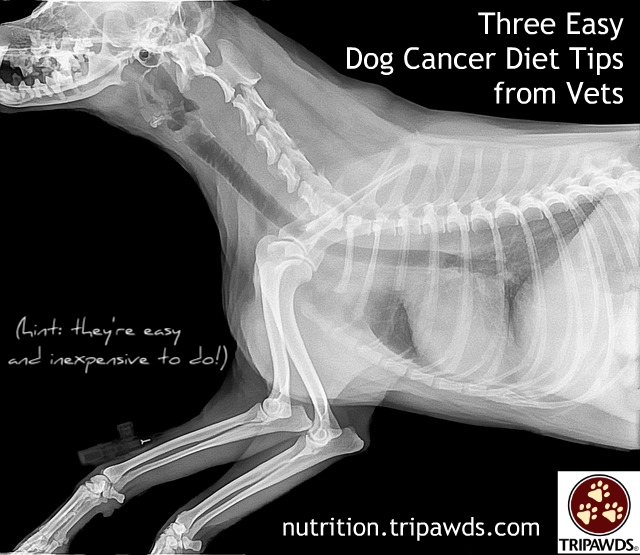
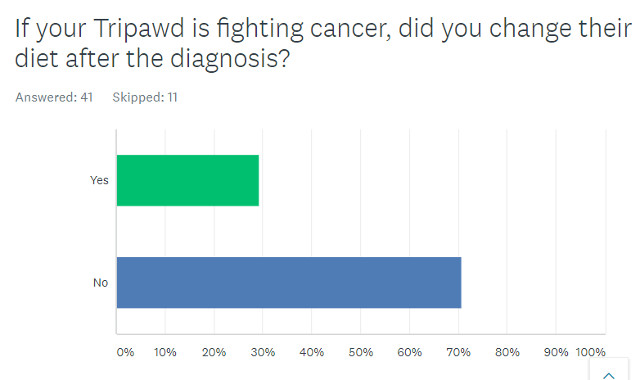
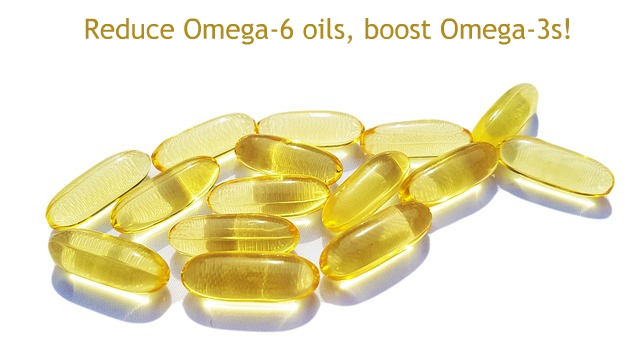
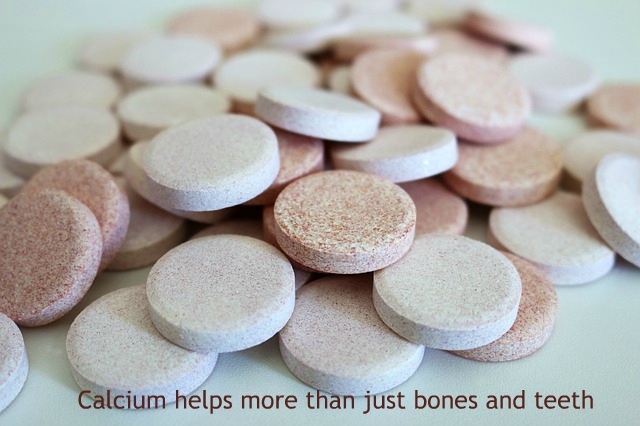
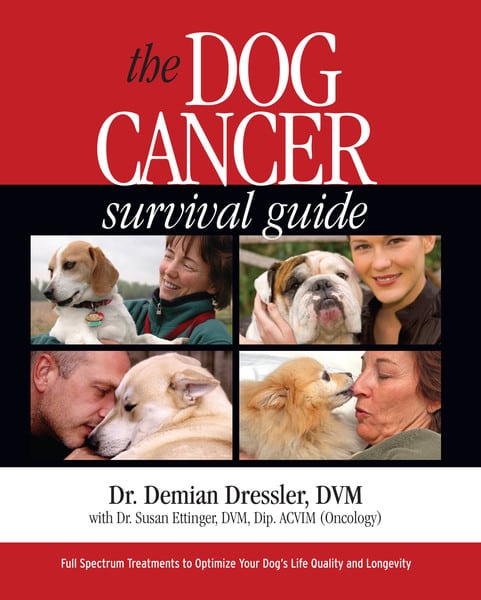
Krill fish. Anyone using this?